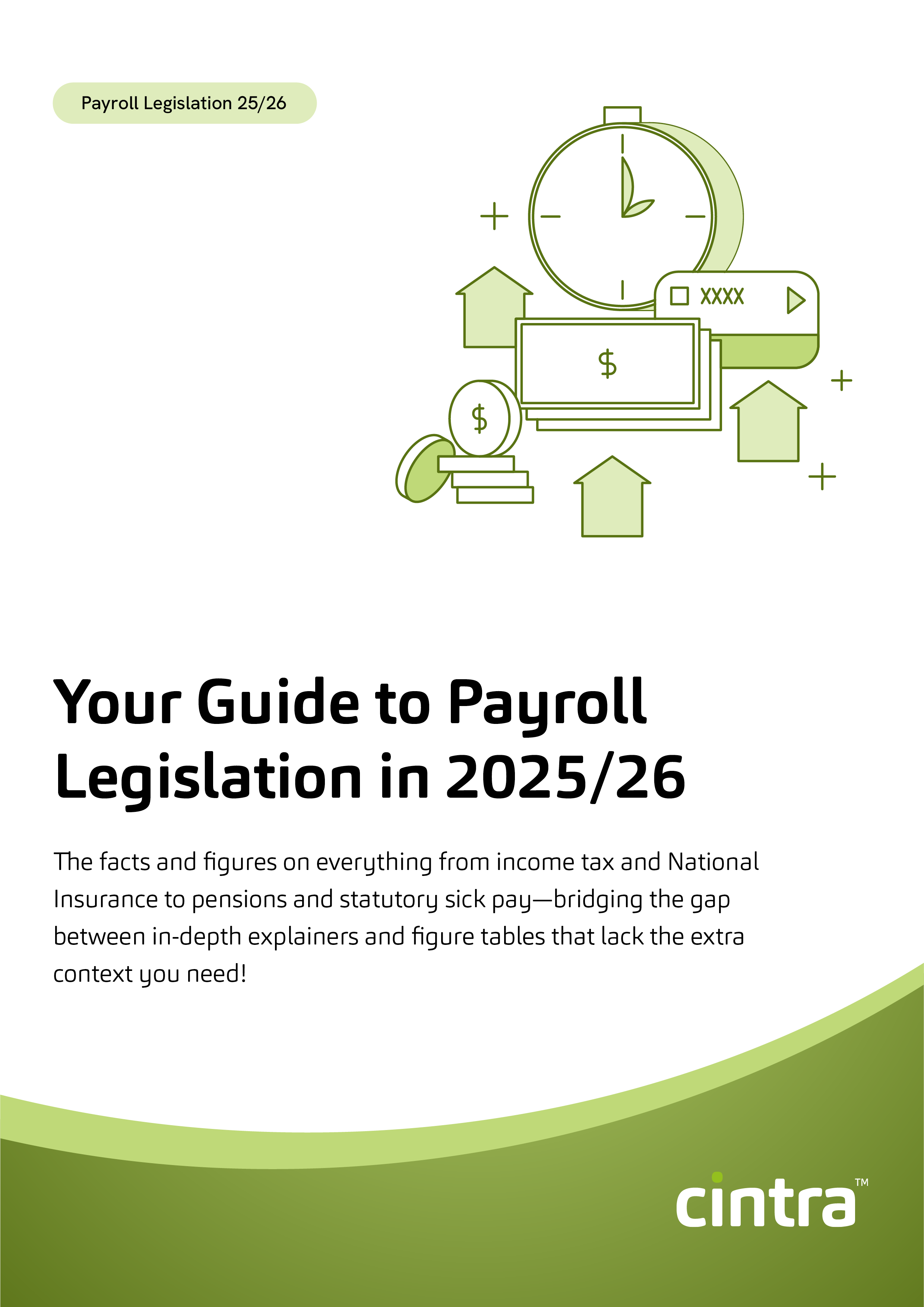The UK has settled into a pattern of three-day office working, says IWG, the world’ largest flexible office and workspace provider. What does that tell us about the seemingly inexorable shift to a four-day working week? And what’s in it for business?
Thursday is the new Friday. So says the hospitality industry, which has seen a shift in the night workers choose to party, driven by the changing pattern in many people’s working weeks. According to IHG and as reported in HR News, Tuesday, Wednesday and Thursday are the days most people choose to work in the office. The rest of the time they’re either working from home or, as a growing number of employees are discovering, they’re not working at all.
To be clear, IHG isn’t reporting that UK workers are only working three days a week and taking a four-day weekend. But moves are afoot to encourage more businesses to consider a four-day working week (at the same salary). Clearly, that can’t work for every business, but there’s a growing body of evidence that suggests it could work for many.
The benefits of a four-day working week
Around the world, trials of a four-day week are having positive effects on workers and businesses. Workers report improved morale, less stress and burnout. It doesn’t take a great leap to see how that could result in improved employee retention, something that many businesses will feel is particularly valuable right now.
Businesses report productivity gains driven by a newfound urgency among workers. With only four days in which to squeeze five days’ work, meetings get to the point faster and emails cut to the chase. For many it seems it’s not really a matter of doing five days’ work in four; it’s simply eradicating the wasted time that five days can allow.
There are real cost benefits too. As hybrid working has demonstrated, not having everyone in the office all the time can cut the amount of office space required. It reduces energy usage and travel and subsistence claims. It might remove the need for a pool car or two.
Then, as companies reduce their use of resources, they see increased environmental benefits too. Small wonder trials are or have been underway everywhere from Spain and New Zealand to Japan and the US.
Trialling a four-day week in the UK
Earlier this month, thousands of workers began a six-month trial of a four-day working week in the UK. As The Guardian reports, the trial has been organised by 4 Day Week Global in partnership with the thinktank Autonomy, the 4 Day Week Campaign, and researchers at Cambridge University, Oxford University and Boston College.
Workers come from a wide range of sectors, not just the traditional bastions of four-day working such as the digital sector. Education, recruitment, housing, food and beverage, they’ll all be involved in what Juliet Schor, a professor of sociology at Boston College and lead researcher on the pilot, described it as a “historic trial”.
“We’ll be analysing how employees respond to having an extra day off, in terms of stress and burnout, job and life satisfaction, health, sleep, energy use, travel and many other aspects of life,” she said.
Five-day working still best?
A definitive understanding of how and where four-day working really works will be invaluable to business trying to understand whether it’s something they could or should offer.
That’s because not every study has been wholly positive. Some have reported added stress as workers feel under pressure to meet their four-day deadlines. Some businesses report difficulties in managing a four-day week in a five-day business when virtually everyone wants Friday off. It’s not that such issues can’t be managed, but they create a new area of tension where there previously was none. Alternatively, if you stagger days off, managing the team can become more challenging.
Then there’s the cost. As Adecco Group reports, A Swedish trial found a four-day working week was extremely popular with workers but it was simply too expensive to continue, because when a company’s work can’t be completed in four days, it will need to pay overtime to get staff to work the fifth.
We’re looking forward to the results of the UK study to gain a clearer view not just of whether four-day working is the better option, but which companies can benefit most.
In the meantime, whatever working pattern you operate, let our payroll and HR options help you manage it better. Talk to us now


